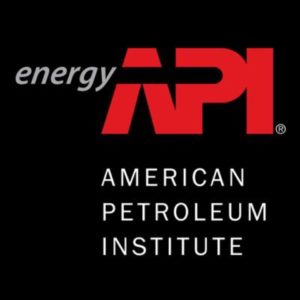WASHINGTON, D.C.—Five years ago, the American Petroleum Institute (API) launched The Environmental Partnership (TEP). This first-of-its-kind effort brought oil and natural gas producers in the U.S. together behind a shared commitment to continuously improve the industry’s environmental performance.

TEP is now implemented in 47 states by 102 participating companies that comprise 70% of America’s onshore production. Most recently, the program has expanded its participation to pipelines in the midstream segment of the industry.
TEP’s focus
The program focuses on bolstering environmental performance, building on industry breakthroughs, and fostering collaboration among stakeholders. Since its inception, TEP has created six environmental performance programs. These include a new flare management program to reduce flare volumes, promoting the beneficial use of associated gas, and calculating flare intensity to demonstrate progress. Through increased component inspections, replacement of gas-driven pneumatic controllers, and the enhancement of monitoring and emission reduction programs, TEP is helping to drive improvements in industry environmental performance. The results show.
Decreased methane emissions
Over the past decade, average methane emissions intensity declined by nearly 60% across all major oil and natural gas-producing regions in the U.S. Likewise, flare intensity declined nearly 50% in 2021. As one major TEP participant recently noted, “Addressing methane emissions is a key part of being a responsible producer of oil, products and natural gas. … Our goal is simple – keep methane in the pipe.”
API is eager to build on the quantifiable environmental benefits made in TEP’s first five years and is expanding its focus in four key areas: facility design; operations and maintenance; measurement and detection; and data integrity. TEP will also continue to systematically document and share pertinent findings and practices with the public and throughout the industry.
Regulatory work
In addition to driving progress through TEP, API supports cost-effective policies and direct regulation that achieve methane emission reductions from new and existing sources across the value chain. Recently, EPA released a 1,300-page proposed rule to regulate methane from oil and natural gas facilities. API is committed to working with EPA to ensure that the final rule encourages innovation and continues to build on the progress industry has made in reducing emissions.
For more information about The Environmental Partnership, visit the TEP website.
Frank J. Macchiarola is senior vice president of Policy, Economics and Regulatory Affairs at the American Petroleum Institute.




